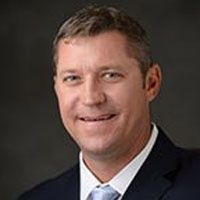Okeechobee Criminal Lawyer, Florida
Sponsored Law Firm
-
 x
x

Click For More Info:
-
Law Office of Mark S. Guralnick
55 Madison Avenue 4th Floor Morristown, NJ 07960» view mapCriminal Defense Law Dedicated. Fearless. Successful.
Mark S. Guralnick and his legal team have helped clients throughout the USA and across the world by applying unparalleled dedication and hard work to each case.
800-399-8371
Michael Robert Ohle
✓ VERIFIEDGraduated from Florida State University in 1997 (B.S.) and received a J.D. (Juris doctor) from Stetson University College of Law and a Masters in Busi... (more)
Gabrielle Lucie Antonia Radcliffe
✓ VERIFIEDIf you’re looking for criminal defense, you want an attorney you can trust and feel comfortable with. Attorney Gabrielle Radcliffe is an attorney y... (more)
Douglas Ian Leifert
Douglas Leifert is a lawyer in West Palm Beach who focuses on Assault cases. He has tried cases involving drug charges, domestic violence, DUI, probat... (more)
 Mark Guralnick Morristown, NJ
Mark Guralnick Morristown, NJ AboutLaw Office of Mark S. Guralnick
AboutLaw Office of Mark S. Guralnick Practice AreasExpertise
Practice AreasExpertise




